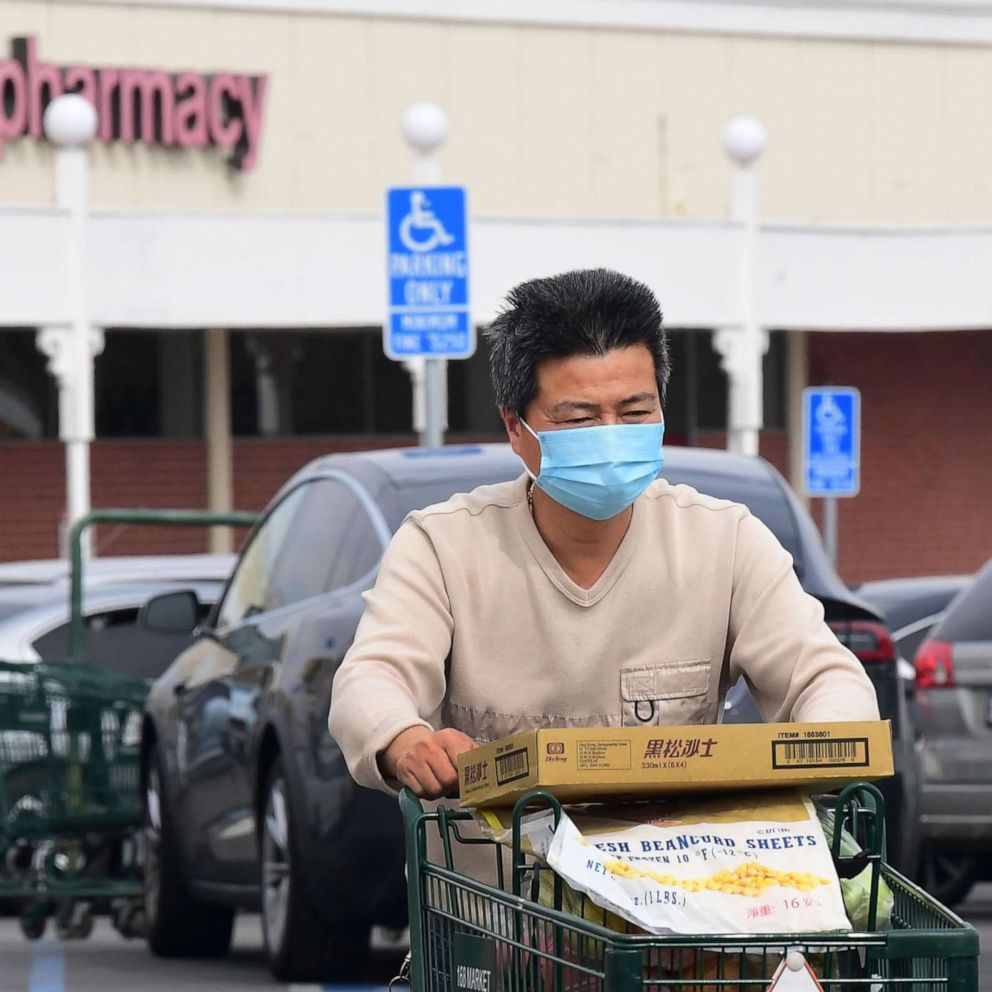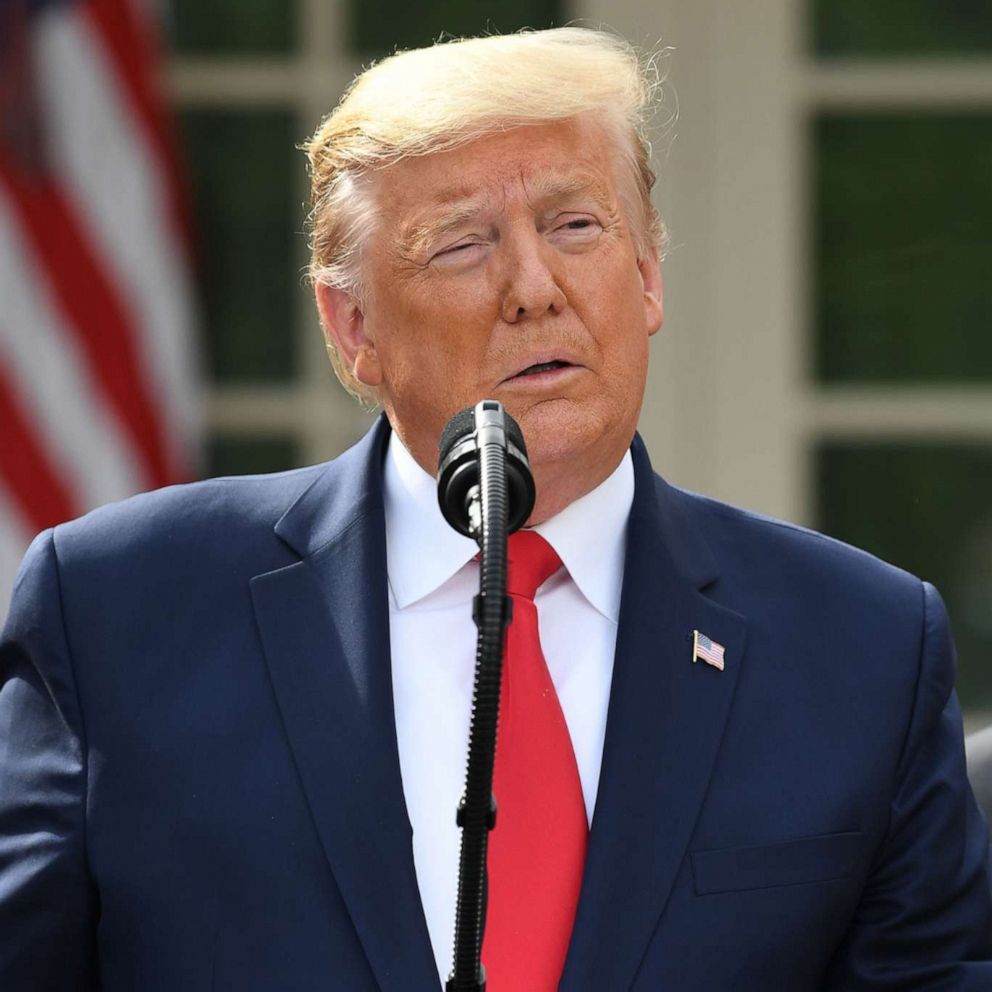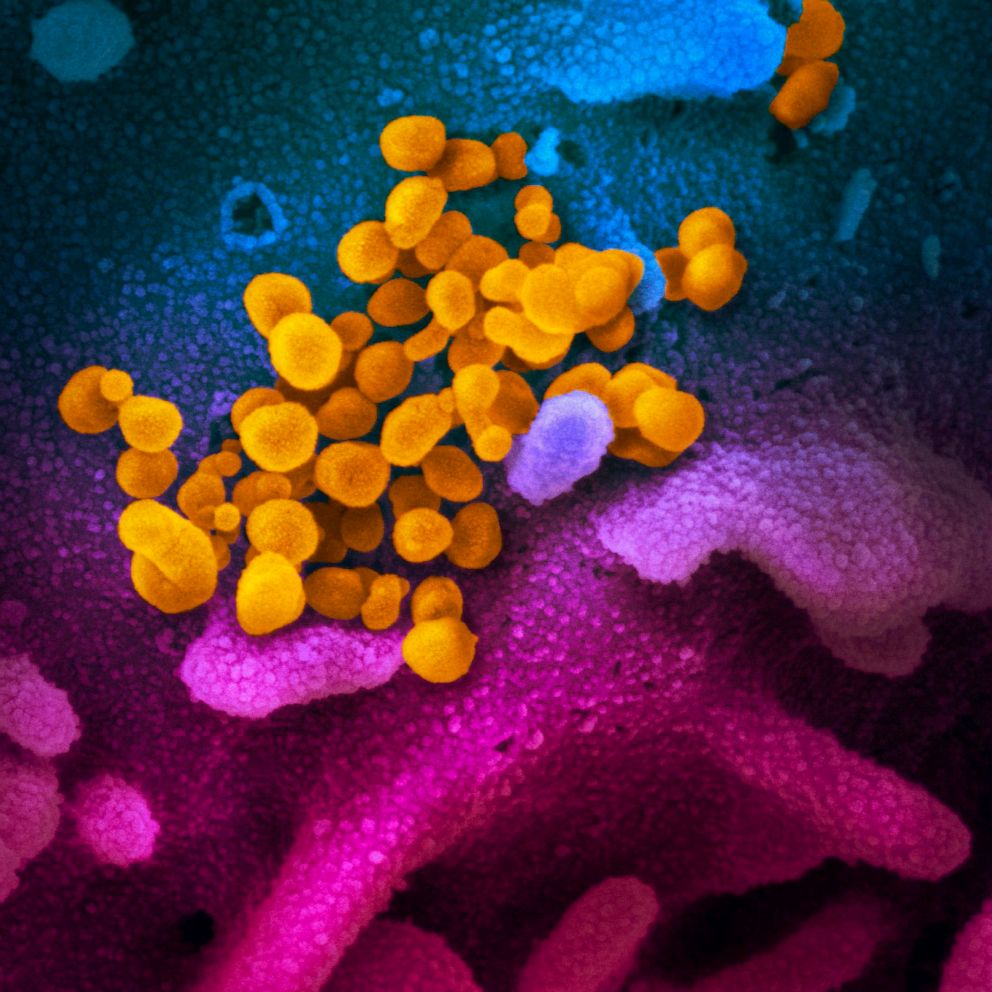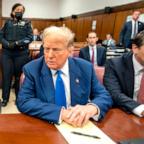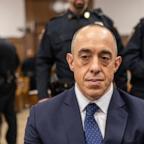After Trump's 15-minute coronavirus test, many hospitals wait for their own
On Monday, Mike Pence said 50,000 tests would be delivered “each day this week.”
For President Trump, obtaining one of the new, rapid-result coronavirus tests unveiled by the White House earlier this week was a snap. He announced Thursday he tested negative, for the second time -- with results in just 15 minutes.
But for much of the nation, those high-speed tests remain hard to come by, according to interviews with and public statements from more than a dozen hospital and state officials.
On Monday, Vice President Mike Pence said 50,000 tests would be delivered “each day this week.”
As the week comes to a close, ABC News has identified a handful of locations that report having received or used rapid tests, while several hospital officials in hot spots wait for deliveries, and others say they've been unable to obtain any rapid tests so far.
“They are standing at those press conferences saying we can get people tested in 15 minutes, and we can’t,” a senior official at one of the largest Florida hospital systems told ABC News. The official asked for anonymity because they did not want criticism to jeopardize access to federal help. “It’s infuriating and it’s incredibly frustrating.”
The day after the official's comments, Florida Gov. Ron DeSantis said some rapid tests were headed for some hospital systems in the state.
The White House has maintained that coronavirus tests of all sorts, once hard to obtain, are now increasingly available. On a conference call with the nation’s governors earlier this week, President Trump expressed surprise when one participant, Montana Gov. Steve Bullock, shared concerns about his continued difficulty getting tests for healthcare facilities in his state.
“I haven’t heard about testing in weeks,” Trump replied Monday. “We’ve tested more now than any nation in the world. We’ve got these great tests, and we’ll come out with another one tomorrow that’s, you know, almost instantaneous testing. But I haven’t heard anything about testing being a problem.”
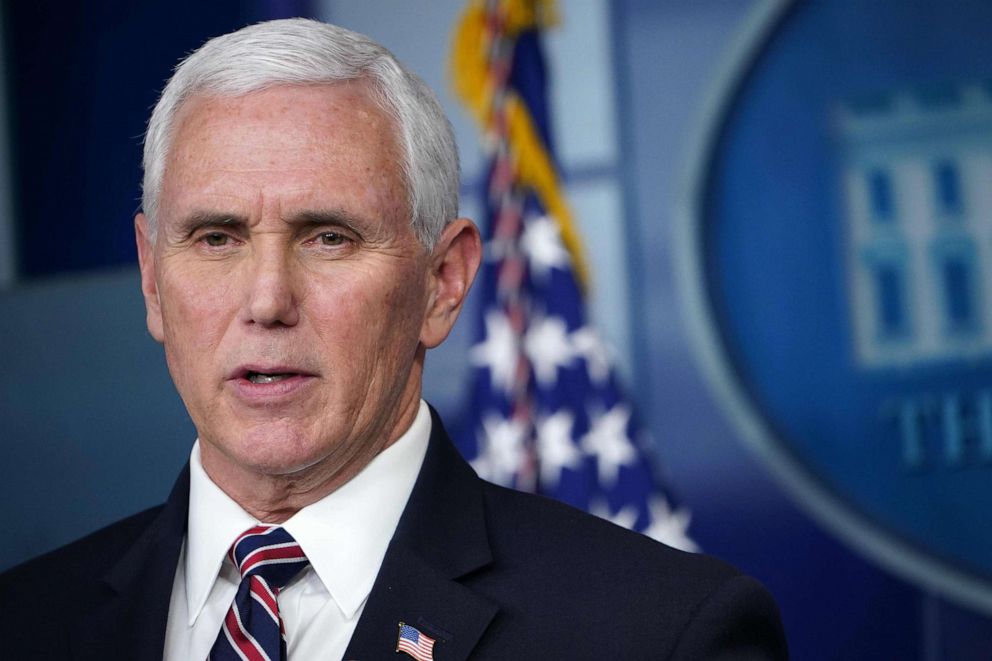
But officials say it remains a problem, and many areas are still restricted in making coronavirus tests available due to continued shortages of tests and other equipment. In Los Angeles, for instance, a city directive strictly limits testing to those in the "highest risk categories" who are also showing symptoms. In Rhode Island, the vast majority of tests are being reserved for healthcare workers, officials said.
The rapid result tests touted by the White House are supposed to offer a major step forward in the hopes of widespread testing. Pence said Tuesday that the 15-minute test, developed by the medical company Abbott, also benefits from the fact that the toaster-sized machines needed to process them were already in 18,000 locations "around the country." With older tests, patients at times were waiting days for results.
“They’ve told us they have several thousand on the shelf and what we're doing is trying to identify the areas where we may yet have pockets … where we want to do more immediate testing so that we can do what's called surveillance testing to identify where there may be coronavirus cases where there's been very little incident," Pence said.
The test by Abbott is one of a number of coronavirus screening tools being hurried to market to address the urgent need. Other medical companies, including Roche Diagnostics and Cepheid, have developed their own versions of rapid tests and are in the process of distributing them. A number of hospital and state officials told ABC News said they cannot come soon enough.
"But I want to caution people," California Gov. Gavin Newsom said today of what he said were the small number of Abbott tests his state had received. "It's an insignificant total amount of tests that we can produce in five to 15 minutes in California."
State official: Rapid testing would be "spectacular," but...
Abbott has said little about where their tests would be going, a decision that is being left to federal officials.
In an internal email shared with ABC News, an Abbott sales representative told a Florida hospital official that the government was placing an emphasis on areas where there was intense need, echoing a press release last week.
“I understand you are interested in the ID NOW COVID testing,” the Abbott representative wrote earlier this week. “At this time it is a controlled roll-out, going to specific, existing, targeted customers and highly-impacted areas. I will be sure to give real time updates with any changes."
On Wednesday, Florida Gov. DeSantis said his state is going to deploy more than 1,700 rapid tests to Memorial Healthcare Systems in Broward County and another 500 to locations in northern Florida. Memorial Healthcare System vice president of laboratories Ed Peterson told ABC News they will be using a test developed by Cepheid, which have an estimated 45-minute turn around but can run several "specimens" at once.
A few other state and hospital officials have announced they are using or plan to use the Abbott tests, including at least one urgent care network in New York, a hard-hit county in New Jersey and a hospital system along the West Coast.
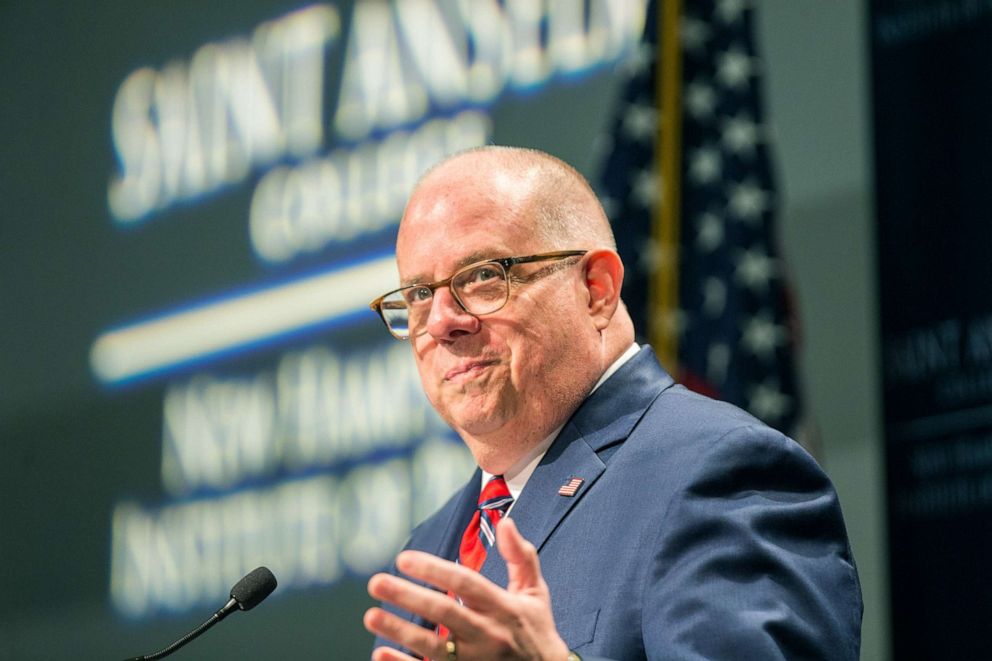
As for other states, some said they're still searching for their own solutions.
Dr. Amy Acton, head of the Ohio Department of Health, said this week that rapid testing would be "spectacular," and she has been in contact with another private company behind one of the testing machines to try to obtain them for her state. But, she said, there "are no machines to be found."
In Minnesota, Health Department spokesperson Julie Bartkey echoed the concern, saying she doesn't know which hospitals and labs have obtained rapid tests but "heard that the instruments and/or test cartridges are not widely available."
"Vendors are announcing FDA-clearance of their tests, but the reality is that there is not enough supply to meet the demand, at least not at this point in time," Bartkey said.
In Michigan, which has suffered the fourth-most coronavirus cases of any state, a spokesperson with the state’s hospital association told ABC News some hospitals in the state have access already to some of the rapid testing machines, but are continuing to face technical challenges.
"The challenge continues to be that they don’t have enough of the other testing supplies needed to use them effectively," including swabs, reagents and transport media, Michigan Hospital Association spokesperson Ruthanne Sudderth said.
Detroit Mayor Mike Duggan announced on Wednesday that Detroit will be running the 15 minute test soon, but only for Detroit police, first responders and bus drivers.
“A modest first step"
Of the locations where Abbott tests are already or will be available, two are in the hardest-hit states in the U.S.: New York and New Jersey, but they're not state-wide yet.
In New York, the state with by far the most coronavirus infections, a network of urgent care providers called American Family Care said they were able to accept the new coronavirus test at three of its locations on Long Island, one of the first to do so, because they already had the Abbott technology needed to run the tests installed, Dr. Benjamin Barlow, Chief Medical Officer of AFC told ABC News. The company is set to receive 1,900 tests per week, Barlow said, and they hope to perform 300 tests a day.
A spokesperson from New York University told ABC News that the NYU Langone Health will also be getting the Abbott rapid test, though they could not provide an exact or estimated number.
In New Jersey, a state where nearly 30,000 patients have tested positive and more than 600 have died as of Thursday, officials said there's a big testing backlog -- with typical turnaround time of seven to 12 days. But Gov. Phil Murphy announced on Tuesday that Abbott’s rapid testing platform will soon be going to one of the hardest hit counties in the state, Bergen County, just across the Hudson River from New York City.
“I’m honored to say that New Jersey has been picked,” Murphy said, providing few details. “It’s a modest first step but it’s an important first step.”
Murphy said Abbott had pledged to “ramp up the ability to get that piece of equipment into as many hands as possible or access as much as possible.”
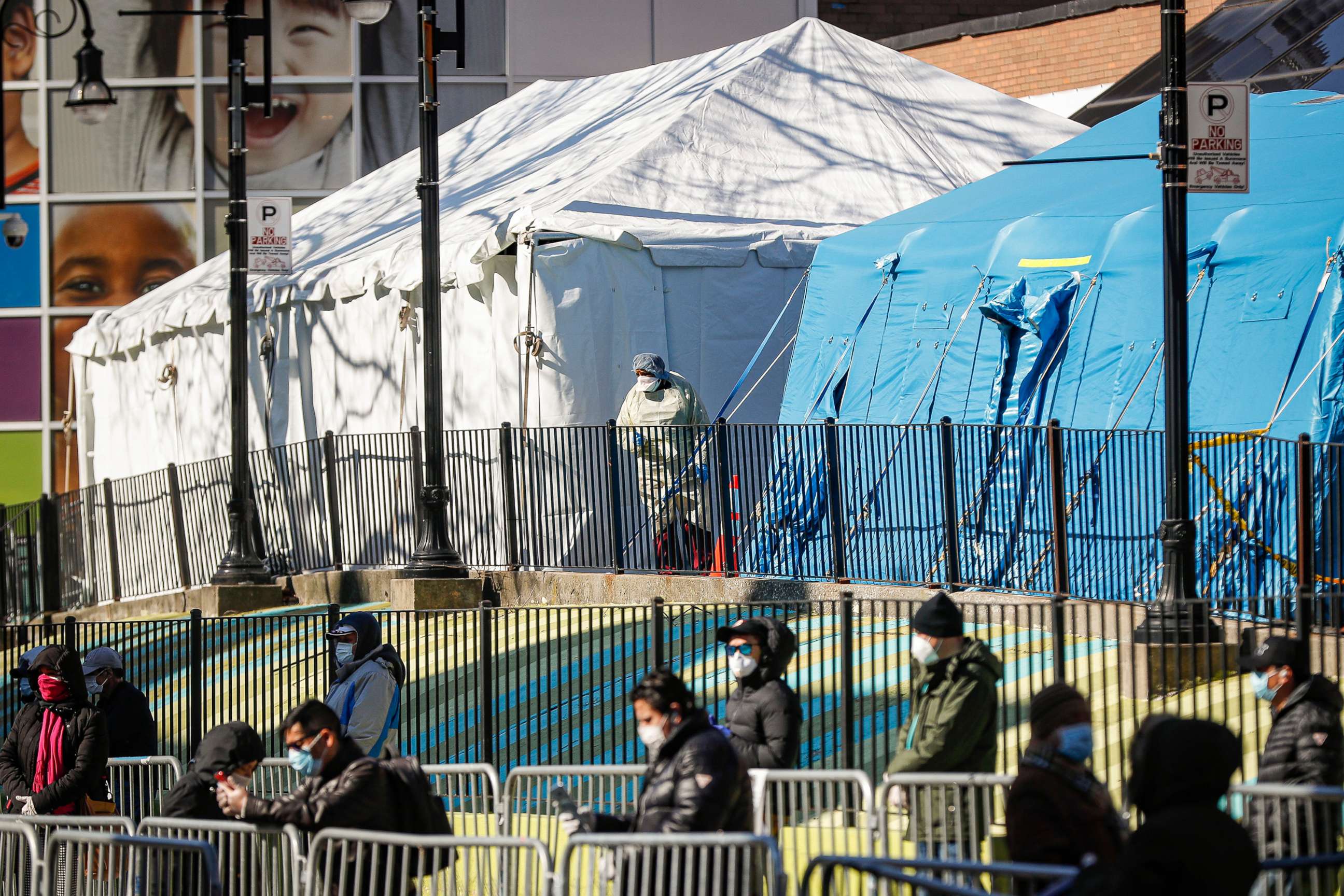
In the West Coast, GoHealth Urgent Care announced earlier this week that it plans to implement Abbott's new rapid test in Washington, Oregon and California hot spots, with the initial focus on potentially exposed front-line medical personnel and other first responders.
California's public health department told ABC News that state officials are "working quickly with both private partners and our public health labs to get rapid tests." But, in addition to Newsom's caution today about the number of tests, the department could not say when they may be available, other than that they may have more information on this "in the coming week."
An official at the lab at the University of Washington, a major testing site in a state at the original epicenter of the U.S. outbreak, told ABC News the lab had received a few of the Abbott test platforms with a request to compare them to the lab’s own test. But, there is still no guarantee the lab will receive enough rapid tests to use them clinically once the testing is over, the official said.
Rapid-response tests might not be ideal for all of those who need testing, some health officials said. While it's beneficial for quickly diagnosing individuals, smaller-scale rapid tests like that of Abbott’s can only process one or a few samples at a time. Larger labs that are attempting mass evaluations of tests would likely stick to systems in use that can take hours but return results for hundreds of people at once.
As more and more coronavirus tests begin to go out, experts have said it should give the U.S. a better idea of where the coronavirus is, and how to better fight it. It remains to be seen if the implementation of rapid-results tests is, like Pence said Monday, a "whole new ballgame."
What to know about Coronavirus:
- How it started and how to protect yourself: Coronavirus explained
- What to do if you have symptoms: Coronavirus symptoms
- Tracking the spread in the U.S. and worldwide: Coronavirus map
